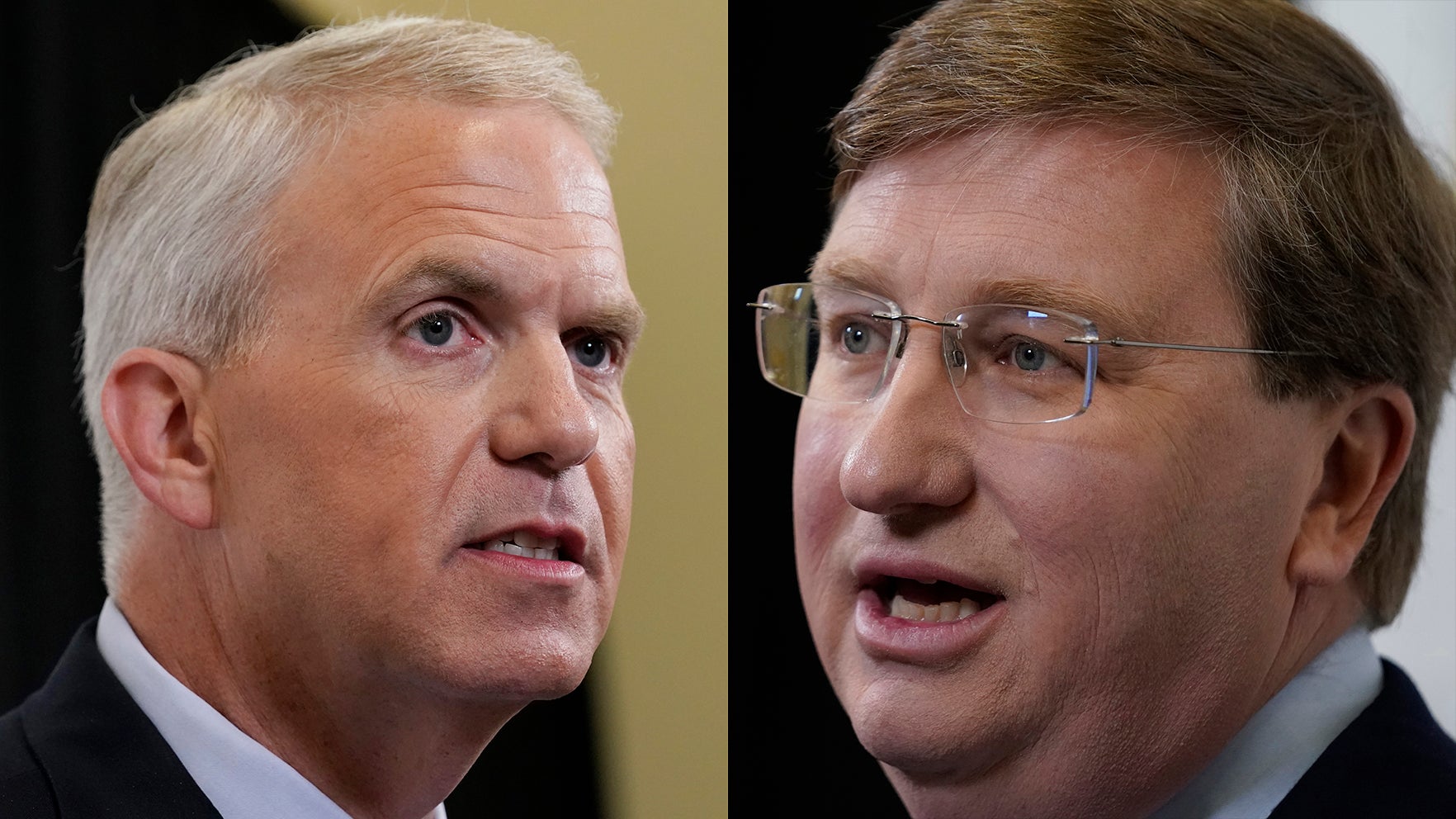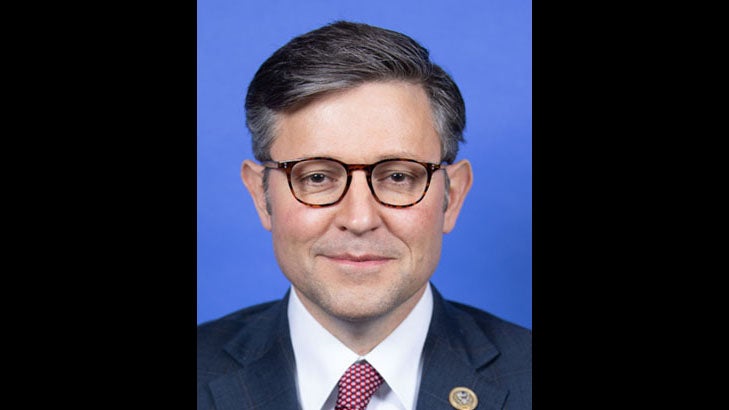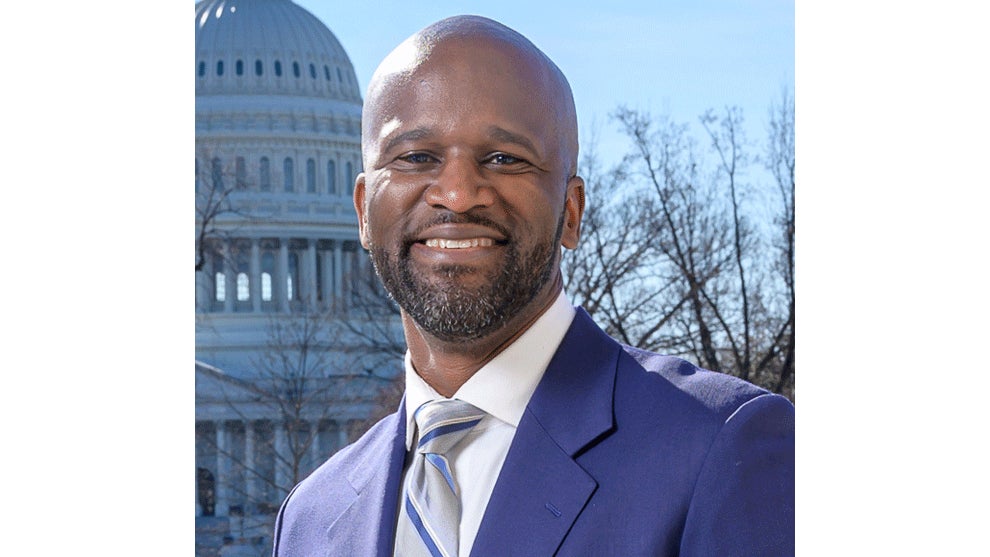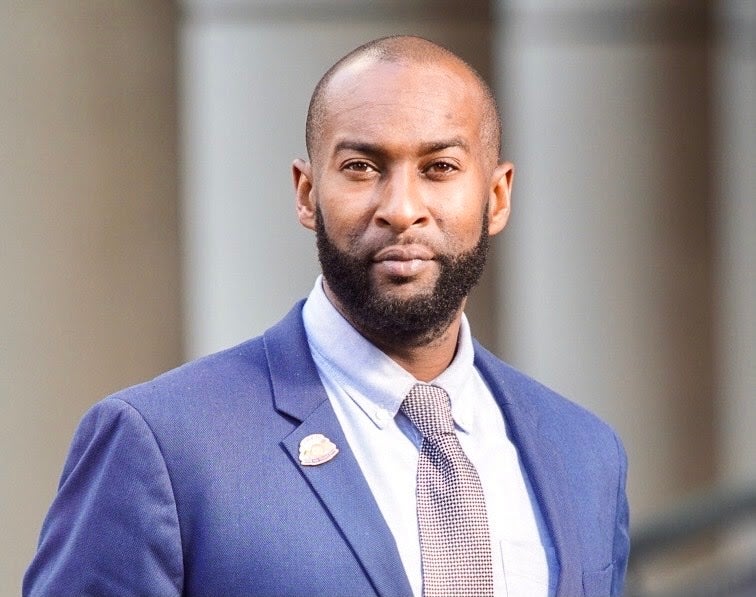Mississippi Legislature: No agreement on infrastructure funding
Published 10:04 pm Friday, March 23, 2018
(AP) — Republican leaders in the Mississippi House and Senate said Friday that they don’t expect to agree on a comprehensive plan to put more money into highways this legislative session, after multiple proposals led to a dead end.
However, they said a bond bill is likely to include money to replace some local bridges — possibly $50 million, if a preliminary agreement holds. The deadline for negotiators from the two chambers to file budget and bond bills is Saturday night.
Budget writers met Friday and slightly increased the estimated amount the state will be able to spend during the fiscal year that ends June 30, and during fiscal year 2019, which begins July 1.
The new estimate was adopted after state economist Darrin Webb said the Mississippi and national economies are improving.
Lt. Gov. Tate Reeves said most state agencies won’t receive budget increases in the coming year. But, he said legislators will put “significant additional resources” into the Department of Child Protection Services this year and next.
Mississippi is under a federal court order to improve foster care, and director Jess Dickinson said he needs to hire more workers, especially in coastal counties.
The revenue estimate is officials’ best guess of how much money the state will collect and have available to spend during a budget year. The Republican-dominated Joint Legislative Budget Committee was able to increase the revenue estimate for the current year partly because the Democratic attorney general, Jim Hood, put $32 million into the state treasury from various lawsuit settlements.
“This estimate is exceptionally conservative. … Conservative budget numbers are a good thing,” said Reeves, who is planning to run for governor next year and could possibly face Hood in that race.
The state-funded portion of the budget is set to be roughly $6 billion this year and next. The total budget is just over $20 billion when federal money is added.
The House and Senate debated and passed separate plans this session to try to put more money into infrastructure — highways, bridges and water and sewer lines. However, Gunn said the House could not accept a Senate plan that would have required cities to increase their own infrastructure spending in order to receive state money for the projects. Gunn said most cities in Mississippi are small and can’t afford to spend more than they already are.
“You’re saying you’re giving them an opportunity,” Gunn said. “But it’s like telling my son … he can have 20 bucks if he can pick it off the basketball goal. He can’t jump 10 feet. ‘Here it is. Go get it.’ He ain’t ever gonna get there.”





